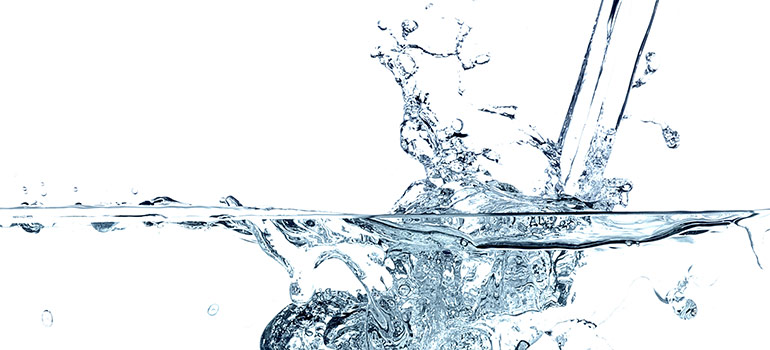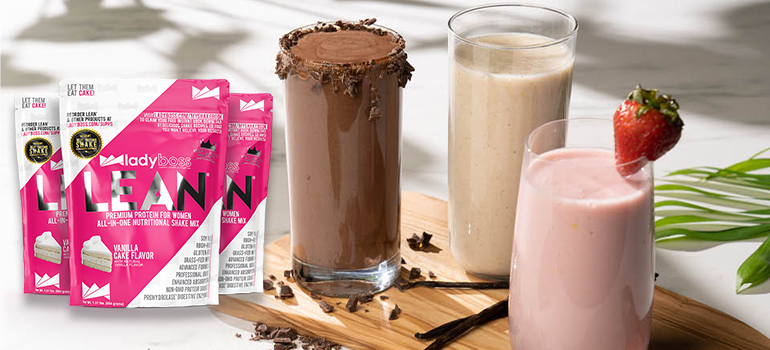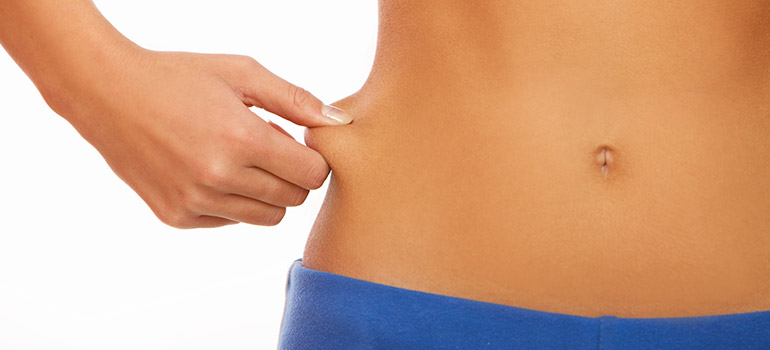Drinking More Water Help You Lose Weight
Drink more water!
Every day in my nutrition coaching and training practice, I have clients come to me wanting to lose weight.
Many of these folks have big goals for a lifestyle overhaul. As much as I’d like to say that we can simply exercise your way to total body composition change, we can’t. First, we must examine our nutrition.
When it comes to nutrition, it’s essential to consider everything we consume. What we eat directly affects our health and fitness goals. Additionally, you might overlook what you’re drinking and tend to focus on food only.
It is crucial to understand that food is only one component of a healthy diet. One of the first questions that I ask my clients is, “How much water are you drinking?” Frequently, the answer will be offhanded. “Oh plenty, I am never thirsty,” they will say. Or they’ll say something of the sort.
But, when we take a deep dive through tracking and food journaling, it’s not unusual to find many other beverages are being consumed. Soda, for example, or tea, coffee, or juice often ends up in their journal.
The conversation often, then, continues with, “But don’t those contain water?” The answer is “yes,” but oftentimes drinks also contain goal-negating additional ingredients, like sugar.
Why does this matter to weight loss? Well, let’s dig into the benefits of water consumption. And, let’s dig into some of the not-so-obvious reasons why drinking beverages other than water may derail your weight loss goals.
Benefits of Drinking Water

Before we dive into the specifics of water’s weight loss benefits, let’s take a moment to recognize water. It’s critical for all our body’s essential functions. Water is kind of a big deal. Here are some of its jobs:
- Carrying nutrients and oxygen to your cells
- Regulating body temperature
- Flushing bacteria from your bladder
- Aiding digestion and preventing constipation
- Regulating blood pressure and the heartbeat
- Cushioning joints and hydrating discs
- Protecting vital organs and tissues
- Maintaining electrolyte balance
Water and Weight Loss

How Much Water Should You Drink Each Day?
You have probably heard the guidelines of 8 glasses of water a day. But, is that really how much water you should drink every day?
It is hard to make broad recommendations about water requirements. In truth, the amount required depends on the individual. Determining factors include: activity level, weight, geographic location, health status, and others.
You may need more fluid if you exercise regularly, work outside, or live in a hot climate.
As a LadyBoss, drinking water is an essential aspect of the lifestyle, as is exercise, so an active LadyBoss would fall into the category of needing more water than someone inactive.
It is best to start by examining the amount of water you are currently drinking. You should do so by keeping a food/beverage journal. Once you establish your baseline, you can work on increasing the amount if needed.
Checking in with your thirst cues is the best place to start. Pay attention to how you feel and perform in exercise as well as in day-to-day activities. Then, you can incrementally increase the amount you drink.
Once you have tapped into your thirst cues and your individual needs, you may want to consider upping your water intake even more if your goal is to lose weight.
How Does Water Help You Lose Weight?

Water does more than simply hydrate you.
Drinking more water is linked to reduced calorie intake and a lower risk of weight gain. Studies have shown “that an increase in water intake, i.e., increased hydration, leads to loss of body weight.” (https://www.ncbi.nlm.nih.gov/pubmed/26537940)
Here’s how it can benefit those weight loss efforts:
- Water helps you feel full and satisfied, which may reduce overall caloric intake.
- You may be more thirsty than hungry, but have not built up the awareness of the difference yet. Drinking before eating may help decrease your appetite.
- Staying hydrated helps with gut motility, so you are not holding waste and have regular bowel movements. That’s not only healthy, but it means you’re not holding on to extra weight.
- Switching from calorie-laden beverages – soda, juice, etc – to water will reduce your calorie intake throughout the day.
- Being well hydrated may also increase your motivation by promoting wellbeing and clear-headedness.
- Water may also help reduce stress. Being stressed can contribute to making weight loss harder. In this study published in the International Journal of Sports Medicine, we find that dehydration also increases your body’s production of cortisol, the stress hormone. https://www.ncbi.nlm.nih.gov/pubmed/17006802
Strategies to Drink More Water

Now that you know some of the weight loss benefits of drinking more water, here are five strategies to increase the amount of water you drink:
Strategy #1—Tracking Your Water Intake.

Awareness is step one in creating any habit. And, if increasing your water intake is your goal, awareness is the key.
You can track your daily water intake if you know how much water you consume per container. Count the number of containers you finish each day and you can determine your weekly and monthly water intake.
You can write your daily water consumption amounts down in a journal, use an app, mark your bottle with an expo marker, use hair ties on your wrist, or whatever else works for you!
Once you know your daily intake, reassess your needs and consider a 10% increase.
Strategy #2—Replace beverages with water.

Beverages like soda contain sugar and will increase your daily caloric intake. Consuming simple sugar beverages can be detrimental to your weight loss goals.
Because high fructose corn syrup drinks do not provide your body with relevant sums of essential nutrients, they will not make you feel more satisfied. And, because of the sodium content of many of them, nor will they quench your thirst.
Sodas with artificial sweeteners have had similar effects on weight loss as their full-sugar counterparts. (https://www.businessinsider.com/low-calorie-sweeteners-wont-help-weight-loss-study-2019-1)
Caffeinated beverages often do contain water, but because caffeine is a diuretic. Diuretics are, by definition, dehydrating. So, even though drinks like coffee contain water, the caffeine cancels out the hydration factor.
Caffeinated drinks are good for losing weight, but not good for hydration.
Strategy #3—Get Moving.

Exercise stimulates your thirst.
When we exercise, we increase our body’s temperature. That makes us sweat, a dehydrating corporal function. To replace the water you lose to perspiration, you need to rehydrate.
Strategy #4— Eat water-dense foods

Eating water-dense foods like fruits and vegetables can add to your daily water consumption.
There are hydrating foods that are also excellent sources of fiber and nutrients. In addition to hydrating, fruits like watermelon, cantaloupe, peaches, mangos, and papaya make you feel fuller and more satisfied. That will lead to you eating fewer nutrition poor foods.
Try adding frozen or fresh fruit to your drinks to get some extra produce into your day while also adding some extra H2O. Win-win!
Strategy #5—Drink More Water Before Eating

Drinking before you eat can help reduce the amount you eat during a meal by making you feel fuller and more satisfied.
As mentioned, check in with your hunger cues. If you are sufficiently hydrated, you will find that you’re not as hungry as you would be otherwise.
Quench your thirst, then reassess your hunger needs.
Can You Drink Too Much Water?

You might be worried about drinking too much water. But, that is extremely uncommon. And, a few extra trips to the bathroom each day isn’t a tiresome inconvenience.
It is only possible to become over-hydrated under specific circumstances.
The technical term for being over-hydrated is Hyponatremia. It is caused by having a concentration of sodium in your blood that is abnormally low. Sodium is an electrolyte that helps regulate the amount of water in and around your cells.
Fortunately, it’s challenging to drink too much water. If you have built a water consumption habit with awareness, it is improbable you will overdo your water intake. However, if you have underlying health conditions or are exercising in extreme conditions, such as endurance and ultra-endurance events, consult a health professional about your water intake.
If you’re concerned you’re at risk for hyponatremia, consult your doctor before upping your daily water consumption.
Water is the Ultimate Hydration Drink

All types of water (sparkling, still, tap, etc.) and high-water volume foods help you hydrate meaning all types of water can be beneficial for weight loss.
Water is calorie-free, helps your body run efficiently, promotes exercise performance, and may even suppress your appetite if consumed before meals.
The benefits of drinking water are even more significant when you replace sugary, artificially-sweetened, and caffeinated beverages with water. Doing so may also help you reduce your daily intake of calories and increase your consumption of nutrient, fiber, and water-dense foods—all of which will benefit your weight loss efforts.
Drinking more water is a great place to start building your healthier lifestyle, one habit at a time!
























